|
by Sananda Gopalakrishnan Shows that have you empathising with characters to the point of extreme guilt – when you find yourself justifying the so-called villain’s motives for cleansing an entire city of its supposed vermin, and you know you’re at the point of no return – undeniably work. Marvel’s Daredevil (the Netflix TV series) is one such show that will have you in the throes of self-doubt and confusion, because its supposed antagonists – Wilson Fisk a.k.a. Kingpin (Season 1) and Frank Castle a.k.a. the Punisher (Season 2) – have frankly understandable motives for reformation, or rather, a city-wide killing spree. But there is always the victim, and ironically, it’s Hell’s Kitchen itself, a town in New York, plunged into tyranny and somehow a hub for international, independent power play: the Yakuza, the Hand, the Mexican drug cartel, the Irish, the Russians, to name a few, and the Kitchen’s own Fisk. All battle it out to the finish, razing a town already reduced to its drugged raggedy bones. The town soon becomes represented in a human metaphor, and she becomes the marker of the extent of villainy, and her unquenchable thirst for information, sheer gut instinct and invincible iron-clad will signify a city continuously rising from the ashes. Karen Page is a lowly secretary at Union Allied Construction, framed by the same for murder, for possession of evidence of their money-laundering schemes. From being a pawn in the hands of influential, power-hungry corporations controlled by the Kingpin to being the research and secretarial backbone of Nelson & Murdock, and finally, instrumental in exposing Fisk’s crimes, Page comes a long way in proving her mettle as an investigative journalist in the making. But it is her refusal to stay down – to beg for mercy at the hands of the enemy, something the good never seem to lack, that makes her the spokesperson of a crime-ravaged town inside a city that never sleeps. Page’s story becomes intertwined with the city’s, skirting certain death in the most violent, tragic and meaningless of means – being almost murdered in her prison cell by Officer Clyde Farnum, ambushed by a hired goon to rob her of a flashdrive containing a copy of the report detailing UAC’s dealings and then kill her off, a blast in a client’s apartment, an abrupt, shocking kidnapping by the Kingpin’s lethal right-hand man, James Wesley, or a brutal shooting in season 2 resulting in the death of a district attorney or an elaborate mass-kidnapping of those saved by Daredevil by the Hand. Her fate seems frighteningly synonymous to the Kitchen, frightening because it’s one blind man with strange, heightened senses against all kinds of evil, realistically bruised, realistically threatened by the sceptre of overpowering darkness, fighting with bare fists an army of unstable yet weirdly united evil forces – financially, mystically, strategically and by virtue of number, definitely more powerful, at first glance. Defending a disturbed town unaware of the turmoil it stomachs daily, but fighting to keep its nose above water, much like Karen’s words to journalist Ben Urich: "I'm sorry Ben, there's nothing worse, feeling choices are made for us, there's nothing you can do but swim in shit and hope you don't get too much in your mouth." Truly, it’s a sink-or-swim situation every day for the humble founders of Nelson & Murdock – Foggy Nelson, Matt Murdock and trusted accomplice and independent woman, Karen Page – and it is here that true strength of character is tested. If there is anything that Marvel has reinstated time and again, is that it is easy to succumb to evil, bend to that which threatens to break you – but it is doubly, if not infinitely, harder to stay straight, parallel to your path, remain unbent, if not unbroken, in a war that threatens to upturn your world, at the very least. Stick’s continued warnings of a war, that keeps annoying Matt/Daredevil and Elektra, perhaps, points to a deeper war within the petty, ungifted humans – one where you sacrifice humanity, or the other: “greatness”. It is easier, to blame the lack of a decent father figure and wrong parenting, like Wilson Fisk. It is easier, to blame allegiance and power play, like Wesley. It is easier, to blame it on the things you do for love, like Vanessa Marianna. It is easier, to blame betrayal by a mentor and father figure and the burn of rejection, like Elektra, for a twisted, confusing worldview. It is easier, to blame the pressures of the soul-sucking corporate world, like Marci Stahl, which disable them from taking off high-born stilettos and bowing to the needy. But what Karen’s journey shows is that nothing pays off like being the only clear ray of light in a world as grey as Frank Castle’s, like being the kind, listening ear to someone as deprived of family like Elena Cardenas, like being the inquisitive, starry-eyed, fierce daughter he never had to Ben Urich, like being the surprise consisting only of motive-less kindness and compassion to Grotto, like being the continuation of the fiery, journalistic streak in search of truth to Mitchell Ellison. True, it comes with back-breaking sacrifices: losing three to brutal murder in the quest of masking or searching for truth, and losing one, like Castle, who could’ve been a friend, but had to surrender to anonymity by supposed death, to escape the gloom of losing his family and almost losing his soul in the spilling of his enemies’ blood. Forever is the price the honest pay for a good night’s sleep. Karen’s drive for the truth is the viewer’s presence in the show – investigative and curious, and probably the most honest person on the show, she becomes our eyes and ears (though that is more up Daredevil’s alley) and descends into the dark underbelly of journalism, where exposing secrets becomes just as secretive. Furious at Ellison’s reluctance to continue Fisk’s case at the New York Bulletin, Urich and Karen seek out answers themselves, with Karen reaching audacious limits, putting their lives on hold. Their relationship almost reaches an impasse when Ben has to quit the mission for taking care of his ill wife, and Karen takes him to an old-age home on the pretext of showing a suitable nursing home for Mrs. Urich, and instead introduces him to Fisk’s mother. The two nearly break up over this, but things get resolved when Nelson & Murdock are on the verge of separation, which to Urich means the story just got interesting. This is right before Page’s kidnapping by Wesley, and this is when, as the saying goes, shit gets real – because how do you not compromise your ideals, and more so, your innocence in the face of death and not come out unscathed? This is where the hunter rises from the hunted, where the metaphorical name of the town becomes real in Karen’s eyes – like a drawn-out Western, the scene tantalises us with delectable tension until the tables are turned (somehow literally) and Karen shoots Wesley. Perhaps the good are punished sooner, for she, over the subsequent episodes and seasons remains tortured by nightmares and traumatic memories of the incident. Daredevil goes on to illustrate the pain of a soul trying to keep afloat on a ship drowning in tragic waters – a stranger in a town that promised her company – she loses Urich to Fisk, and in a cruel twist of fate, inherits his office after unconsciously carrying his baton – more appropriately, a pen of fire – by digging up files on Castle’s family on the night of the shootout that resulted in his fatal brain injury and his family’s death, and uncovers a ploy to cover up the incident by the district attorney. It is up to Karen to be the sympathetic eye, the eye of weeping humanity over and inside a city that endures loss every single day and still remembers to wake up. The city that promised to make her feel at home with a thousands-strong heartbeat, makes her feel even lonelier. It’s a city incessantly struggling with the lonely-in-a-crowd syndrome – and yet, even in the wake of destruction and immense isolation, losing Urich, Elena, and Grotto, finding the dream of “Nelson, Murdock & Page” slipping through her fingers, uncovering lies from near and far, and more secrets than ever, Karen never fails to empathise. It’s Karen’s sympathy for Elena Cardenas that gets the firm involved in her apartment-seizing case, and Matt close enough to the effect to discover the cause: Fisk, it is her belief in Frank’s humanity that brings the Punisher closer to Daredevil enough for them to join hands at the very end, and fulfil his thirst for revenge, and it’s her unfailing compassion for the common man that illuminates a place as tricky, as “dark and full of terrors” as this world – “Hell is murky, m’lord,” and so is Hell’s Kitchen. Karen Page’s work for the New York Bulletin officially begins with this. Who is the real hero, or daredevil? Is it the one who fights to protect the innocent? Or is it the one who fights to protect the innocence of a rapidly deteriorating self and the city? Here’s raising the mirror to you, Karen.
Follow us on Facebook and Instagram to be notified whenever we release new articles.
Do you use an RSS reader? Even better!
1 Comment
|
Categories
All
Archives
December 2022
|
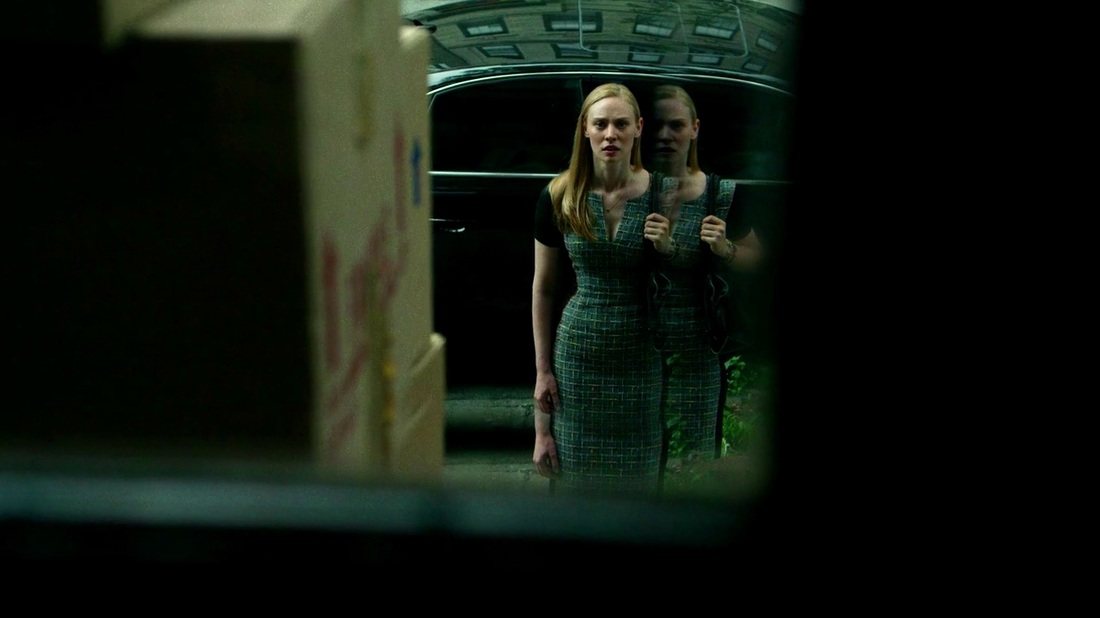
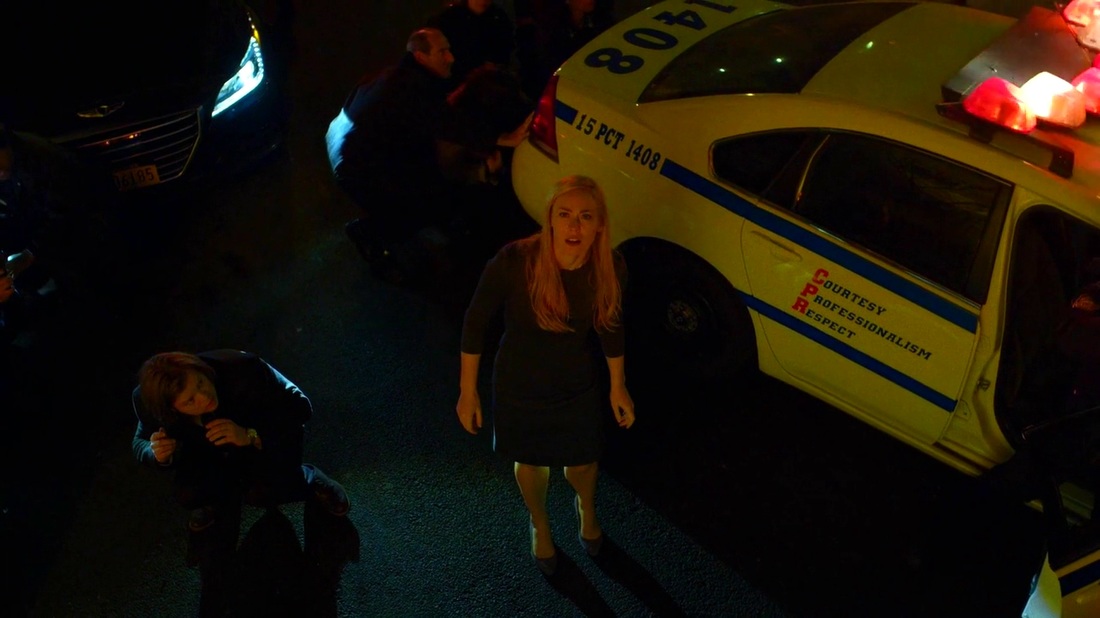
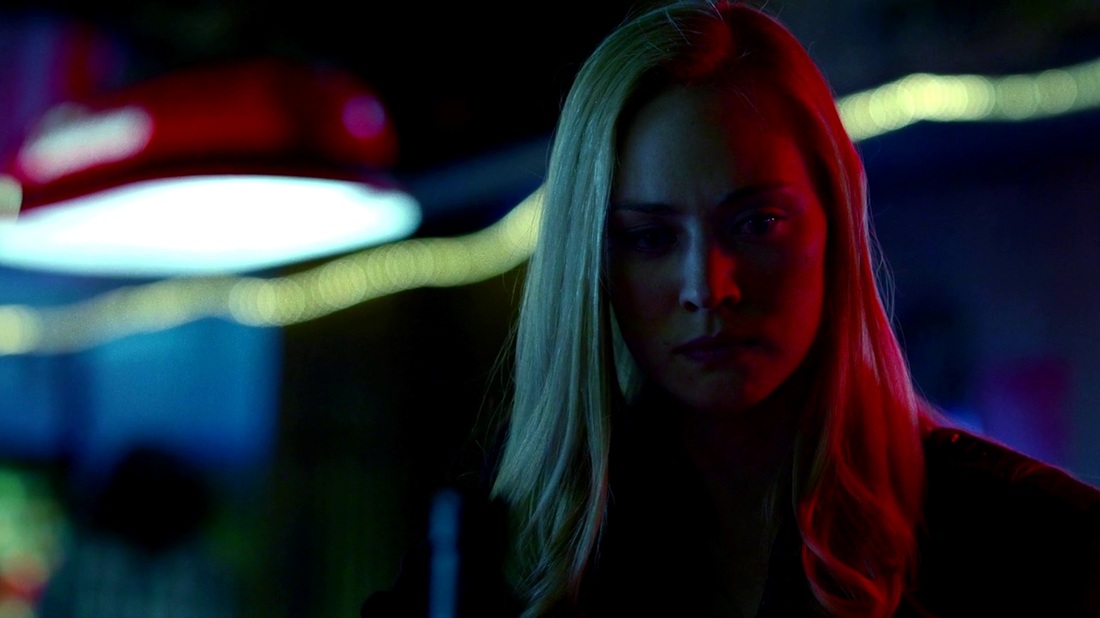
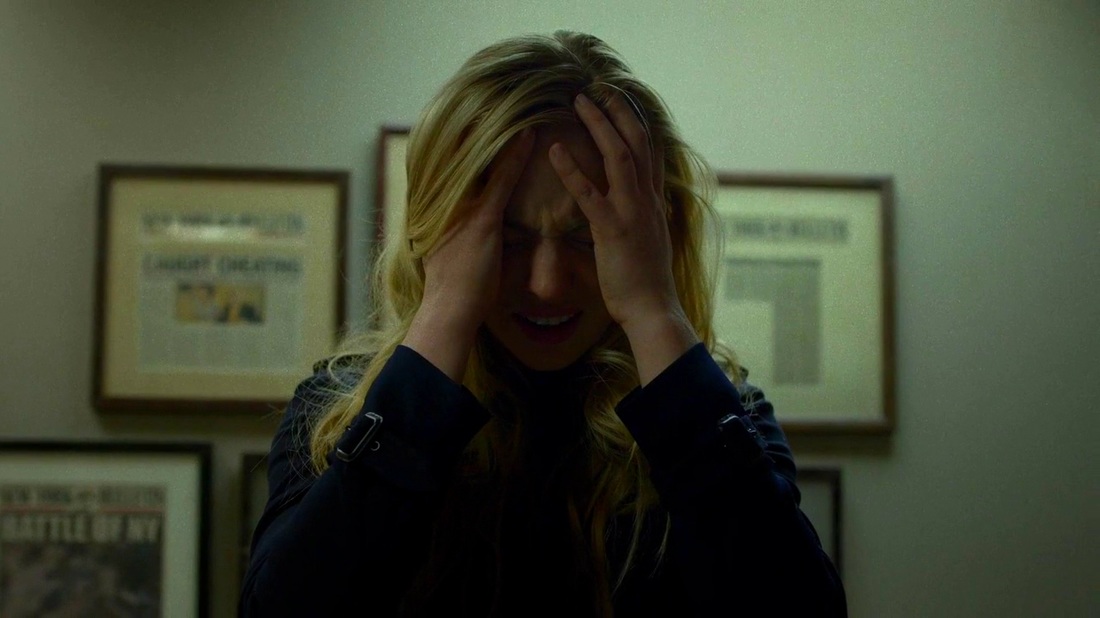
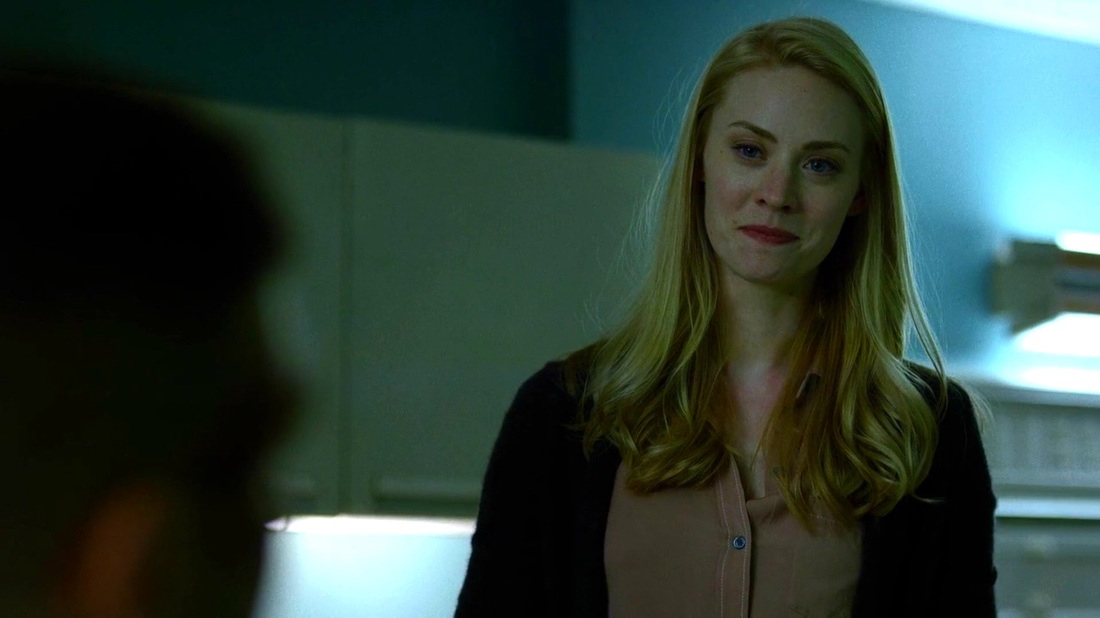
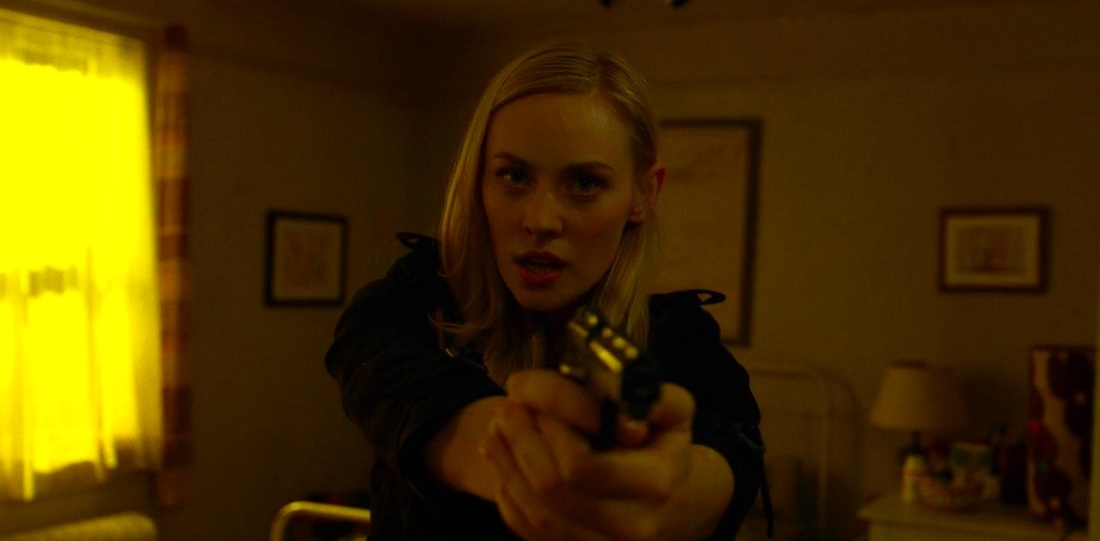
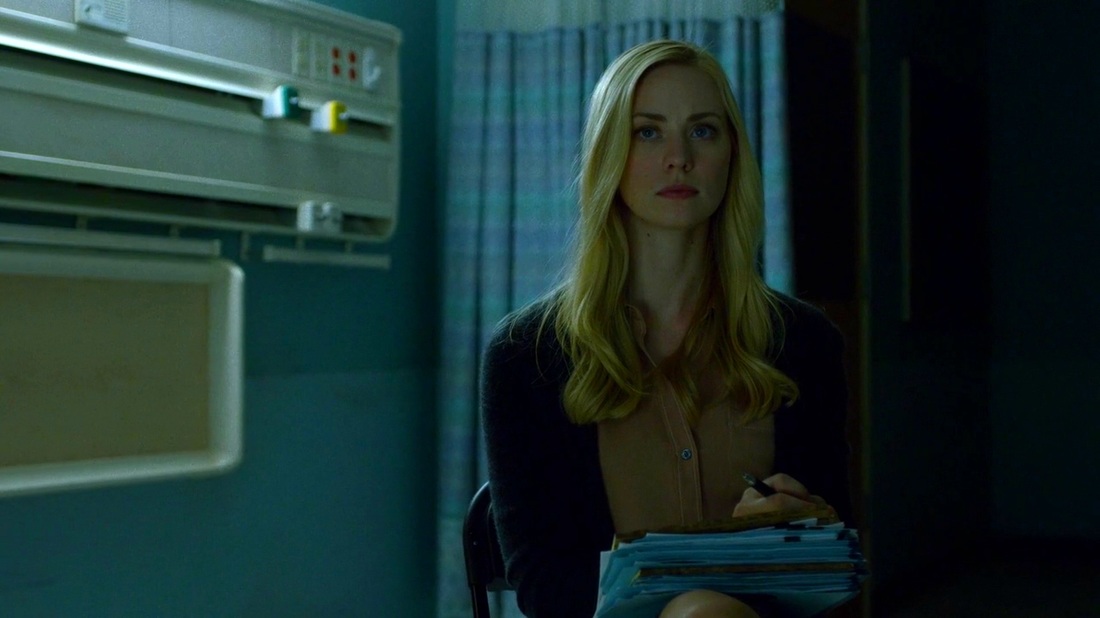
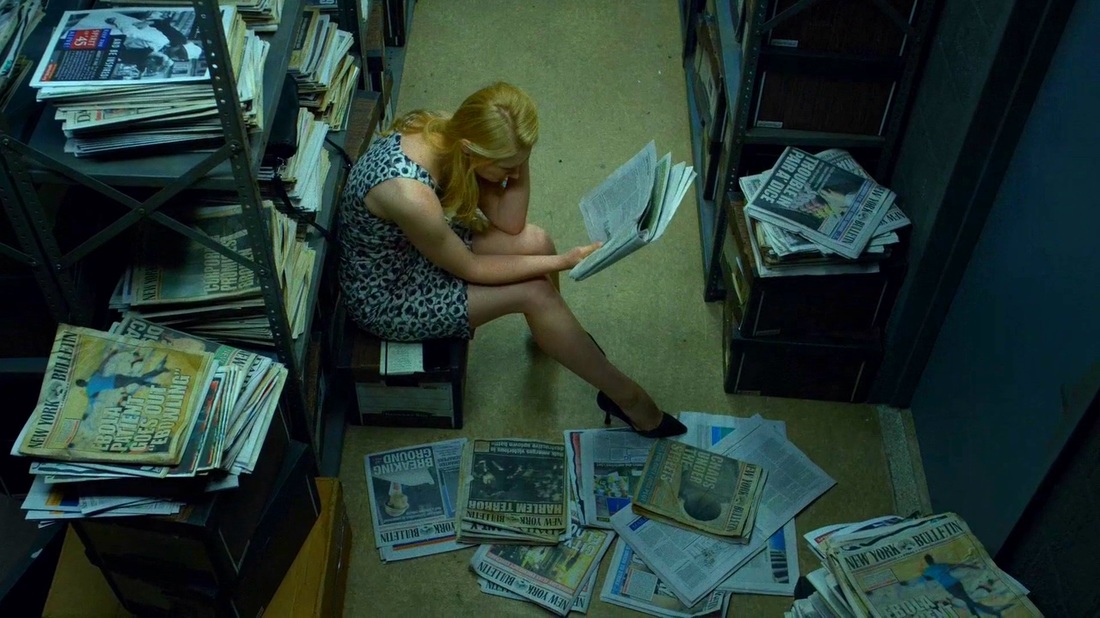
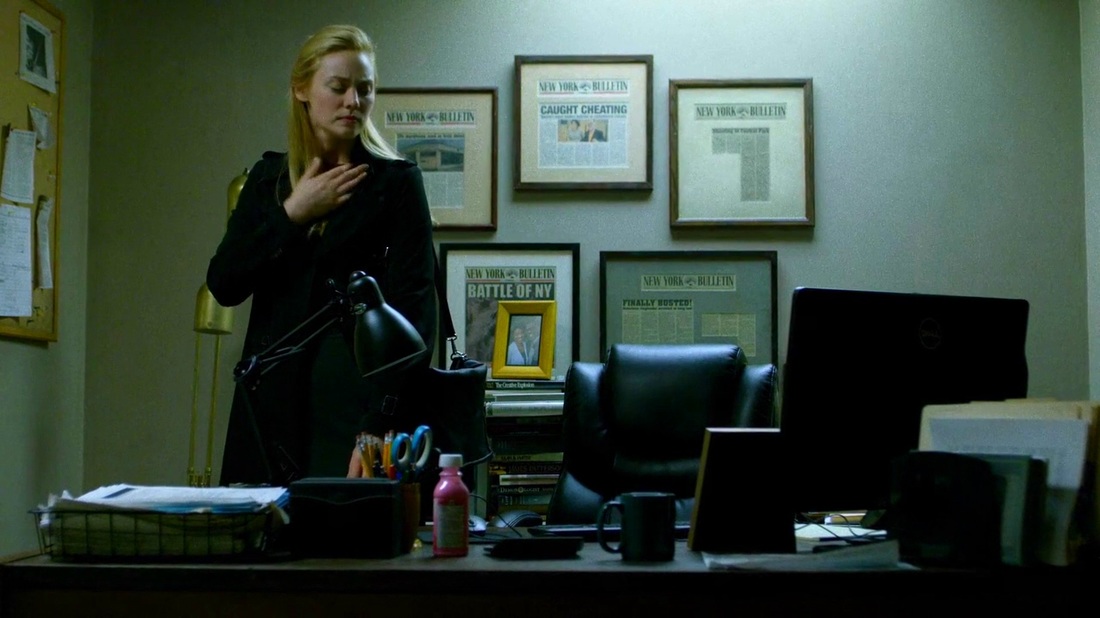
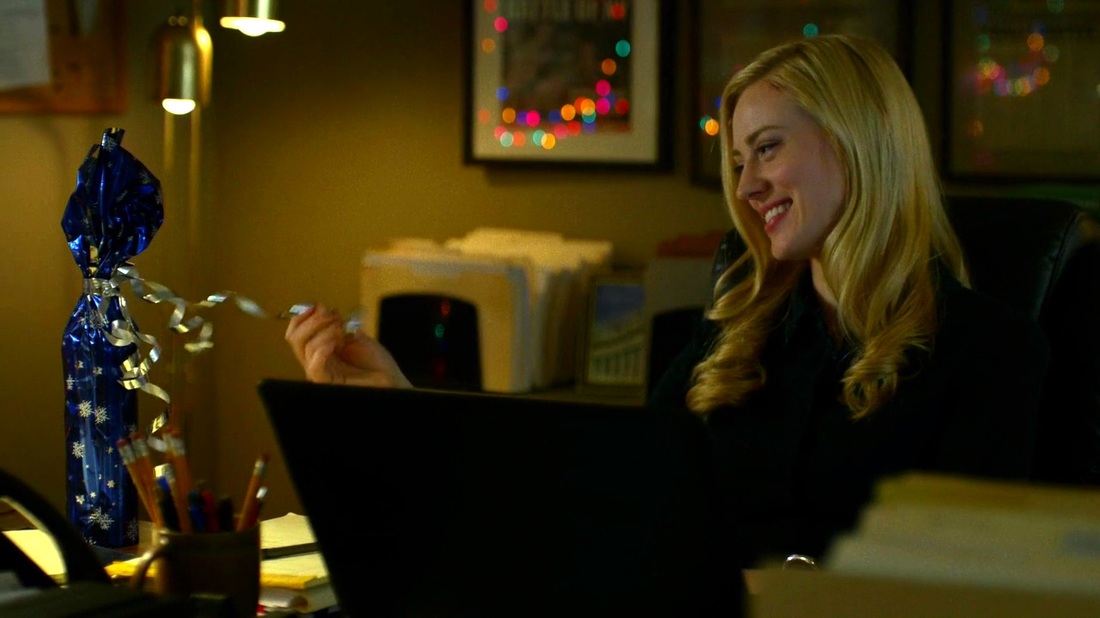
 RSS Feed
RSS Feed
